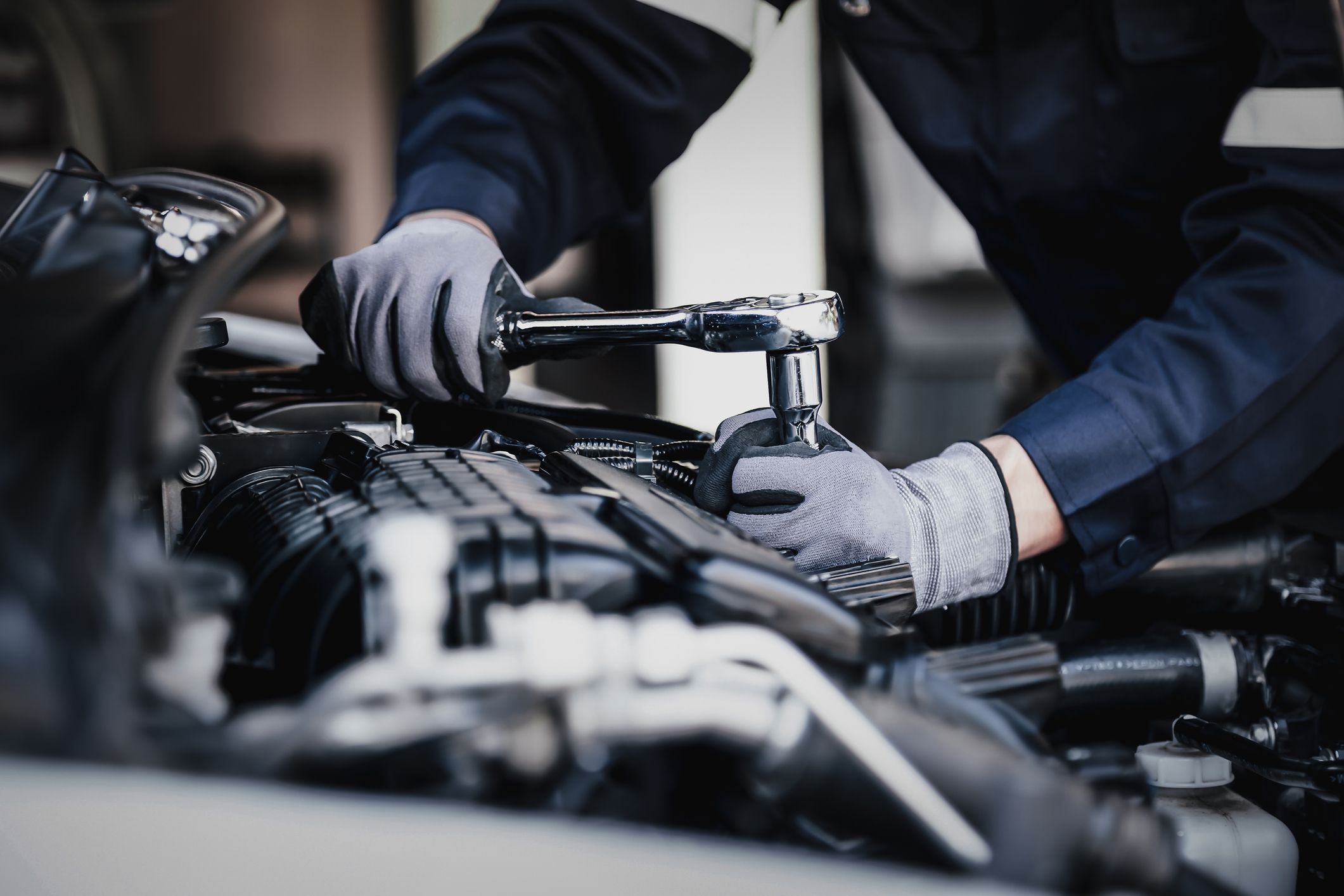Gallagher Bassett's UK Engineering Director, Mark Garnham assesses the current challenges around repair delays and parts shortages in the motor industry.
There has been much discussion over the past months around this subject.
The body repair industry has faced many challenges over the years but the pressure on the industry has never been so severe as it is currently.
The National Bodyshop Repair Association (NBRA) reported in January 2022 that pre pandemic, a bodyshop could expect to receive over 70% of parts within two days. Post pandemic this has dropped to 50%, with some parts still awaited two weeks later.
The additional wait for parts will cause delayed booking in dates for drivable vehicles, this will cause frustration for vehicle owners and create additional touch points to manage the customer journey and expectations.
We have encountered other delays on parts through the terrible scenes happening around the world, such as in Ukraine where a number of manufacturers had parts being produced.
For a while now motor dealers have been keeping fewer parts on the shelf, additionally the credit facility with repairers has been reduced heavily which has led to businesses having to
source new relationships. This has affected the way that they access parts and achieve discounts which in turn impacts their business model and long term sustainability.
Delayed parts inevitably lead to the vehicle being on site for longer. The frustration that this causes is often directed by customers at the repairer when in truth they have done everything they can to keep up momentum with very limited options.
With the vehicle remaining on site for a longer period, the cost of replacement mobility is increased too. If the repairer is supplying a courtesy vehicle, the fixed cost of that provision is spread over fewer repairs and customers. Similarly the overall cost of pricing on lease vehicles has increased significantly, damaging repairer profitability further.
Parts orders that are no longer required due to multiple reasons such as a cancelled claim are another challenge. This element of the process often becomes known when dealer terms and timescales have surpassed, this leaves the repairing site with further admin work to find a suitable solution.
Parts delays are creating many issues and the above details only some of those. There are also labour shortages, the issues we have seen at ports over the last few months importing goods into the country and in some areas the continued impact of Covid 19.
These issues will not be resolved in the short-term. It is evident that repairers around the UK face extremely challenging conditions.
If we add in further inflationary pressures of rising energy prices, courtesy vehicle prices increasing rapidly due to new car demands, changing staffing demographics, migrant workers returning home as economies around the world change, all of these are having a
huge effect on our industry and the ways that vehicles are repaired.
At Gallagher Bassett we are working closely with our repairer network. We are listening to the pressures that the sites are under and relaying that back to our client base to manage expectations in the event of any new claims with an associated vehicle repair.
If you would like to find out more about the challenges being faced or the support Gallagher Bassett can provide you can contact us here.




 Search
Search



